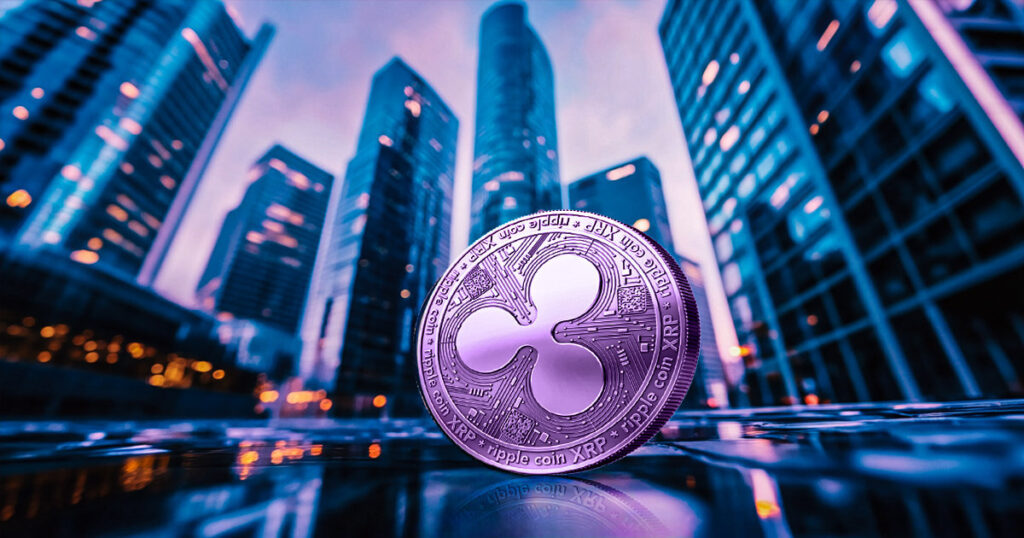As XRP continues its upward trajectory, gaining recognition from regulators worldwide and making strides towards increased adoption through initiatives like the potential Grayscale XRP ETF and CME XRP futures, a cloud of uncertainty looms over its regulatory status in Hong Kong, a Chinese special administrative region.
Ripple’s XRP, a prominent cryptocurrency in the global market, is noticeably absent from the list of approved cryptocurrencies for trading in Hong Kong. The Securities and Futures Commission (SFC) recently granted licenses to two local exchanges, PantherTrade and YAX, making them the first crypto trading platforms to receive licenses in 2025. However, only Bitcoin, Ether, Avalanche, and Chainlink have been approved for trading, leaving XRP out of the mix.
The SFC imposes stringent regulations on licensed exchanges, mandating compliance with anti-money laundering (AML) and counter-terrorist financing (CTF) laws. Currently, 10 crypto exchanges have registered under these regulations and are authorized to operate virtual asset trading platforms in Hong Kong. Despite initial plans to approve 11 platforms by the end of 2024, delays occurred due to strict compliance checks. In December 2024, four platforms were granted licenses, with ongoing efforts to ensure all exchanges meet financial standards.
The exclusion of XRP from the approved list has raised questions, with some speculating that it could be linked to Ripple’s legal challenges in various jurisdictions. The SFC has not provided a specific rationale for this decision, leaving stakeholders in the cryptocurrency community puzzled about the regulatory stance towards XRP in Hong Kong.
As the industry grapples with evolving regulatory landscapes, it is essential for cryptocurrency projects to navigate these challenges transparently and collaboratively with regulators. The case of XRP in Hong Kong serves as a reminder of the complexities and uncertainties inherent in the cryptocurrency ecosystem, highlighting the importance of regulatory clarity for market participants and investors.
In conclusion, while XRP continues to make strides globally, its regulatory standing in Hong Kong remains uncertain. As the cryptocurrency market evolves, stakeholders will closely monitor developments in regulatory frameworks to ensure compliance and foster a conducive environment for innovation and growth in the digital asset space.

